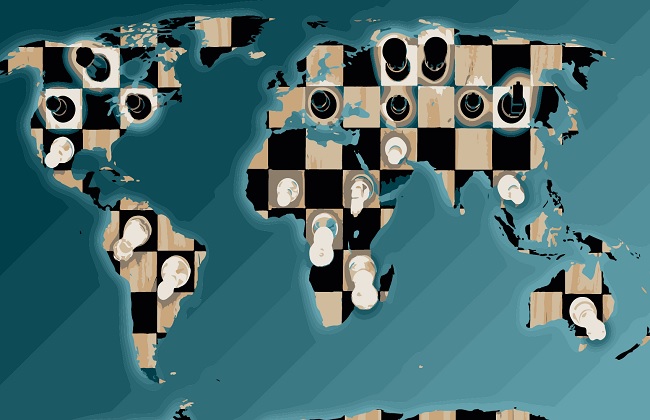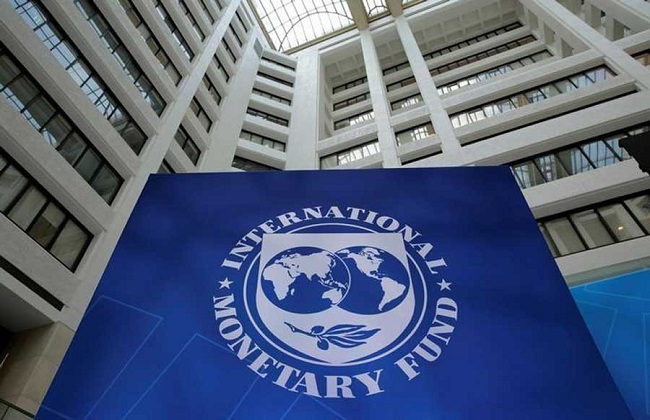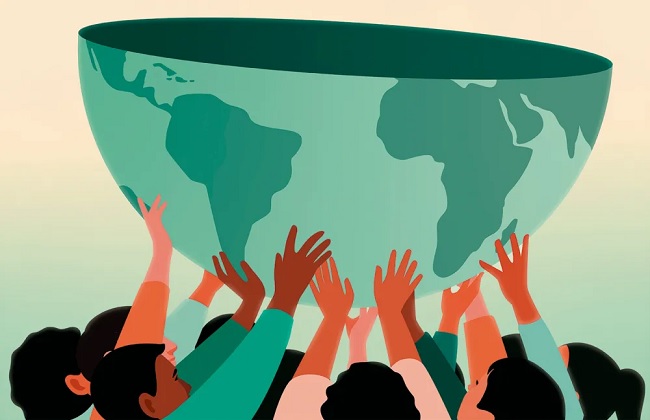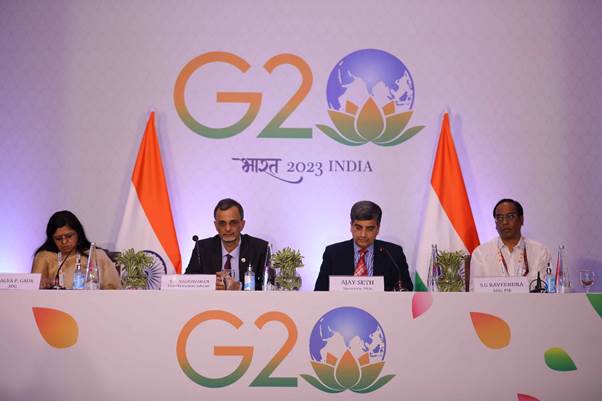The new geopolitics after the first Cold War undermines peace, sustainability, and human development. Hegemonic priorities continue to threaten humanity’s well-being and prospects for progress. End of first Cold War The end of the first Cold War has been interpreted in various ways, most commonly as a US triumph. Francis Fukuyama famously
Tag: Global South
IMF just made the case for its own irrelevance
On Friday the 11th, the IMF announced policy changes that will save developing countries $1.2 billion per year. Despite the self-congratulations and fanfare, these reforms are only a tiny fraction of what campaigners had been asking for — and an even smaller share of what the Global South needs. This month,
Blue economy must benefit fishing communities in Global South
The Global South is crucial for ensuring aquatic food security to feed the growing world population. It is imperative that blue economy initiatives benefit fishing communities in developing and small island nations, which are facing disproportionate impacts of climate change, says Dr Essam Yassin Mohammed, Director General of WorldFish, an
Hapless New Year for Global South
As dire economic predictions for 2023 did not materialise, pundits began 2024 far more optimistically. But policy ghosts from the last half-century will likely undermine such wishful thinking. Optimistic forecasts As New Year celebrations of different cultures decline with the coming of spring in the northern hemisphere, it is useful to review
Carbon market greenwashing systems deepen inequalities in Global South
Somalia, Syria, DRC Congo, Afghanistan, Yemen, Chad, South Sudan, Central African Republic, Nigeria, and Ethiopia are the 10 countries at greatest risk of climate disaster globally despite collectively contributing just 0.28 percent of global CO2 emissions. A climate-induced humanitarian crisis continues to unfold across these countries and many others in
Can the G-20 be a champion for the Global South?
Change is coming to the G-20. Nearly a quarter century ago, the world’s 20 largest economies joined together to respond to the global financial crises of the 1990s. Though the group includes many countries from the global south, its wealthy Western members have often exercised the greatest influence while leaving
50 years of BRAC: A case for social development founded by the Global South
As part of the 2022 United Nations High-Level Political Forum, BRAC, with the Permanent Mission of Bangladesh to the United Nations, and the Permanent Mission of the Republic of Rwanda to the United Nations, hosted a side event this week to discuss development opportunities led by the Global South. The







